Quatermass and the Pit Online
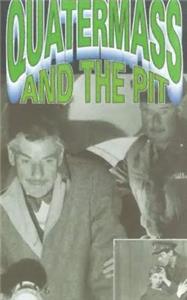
When a skull is found during building works at Knightsbridge, London, the work is halted in order that a full archaeological dig can proceed. The diggers delve deeper, finding more skulls, but also finding some form of tube-like shell made of a ceramic like material. The Ministry of Defence believe it to be an un-exploded bomb, but when they manage to dig inside the shell, dead insect-like creatures are found. The MOD continue with their story, but Professor Quatermass's theory that the insects are Martians who visited Earth over five million years ago is proved to be correct with drastic consequences.
| Complete series cast summary: | |||
| André Morell | - | Professor Bernard Quatermass 6 episodes, 1958-1959 | |
| Cec Linder | - | Dr. Matthew Roney 6 episodes, 1958-1959 | |
| Anthony Bushell | - | Colonel James Breen 6 episodes, 1958-1959 | |
| John Stratton | - | Captain Potter 6 episodes, 1958-1959 | |
| Christine Finn | - | Barbara Judd 6 episodes, 1958-1959 | |
| Michael Ripper | - | Sergeant 5 episodes, 1958-1959 | |
| Harold Goodwin | - | Corporal Gibson 5 episodes, 1958-1959 | |
| Clifford Cox | - | First Private / - 5 episodes, 1958-1959 | |
| Brian Gilmar | - | Second Private / - 5 episodes, 1958-1959 | |
| Alexander Moyes | - | Narrator 5 episodes, 1958-1959 | |
| Brian Worth | - | James Fullalove 4 episodes, 1959 | |
| Richard Shaw | - | Sladden 4 episodes, 1959 | |
| Richard Dare | - | Harrison - Private Secretary / - 4 episodes, 1958-1959 | |
| Kenneth Seeger | - | Sightseer / - 4 episodes, 1958-1959 | |
| Tony Quinn | - | Jacko - News Editor 3 episodes, 1959 | |
| John Walker | - | Private West 3 episodes, 1958-1959 | |
| Robert Perceval | - | Minister / - 3 episodes, 1958-1959 | |
| Ian Ainsley | - | Police Inspector 3 episodes, 1958-1959 | |
| Noel Howlett | - | Vicar Gilpin 3 episodes, 1959 | |
| Edward Burnham | - | Official 2 episodes, 1959 | |
| Allan McClelland | - | 1st Journalist / - 2 episodes, 1959 | |
| Bill Shine | - | 2nd Journalist / - 2 episodes, 1959 | |
| Harold Siddons | - | Electrician 2 episodes, 1959 | |
| Bernard Spear | - | Arthur - First Customer / - 2 episodes, 1959 | |
| Patrick Connor | - | Policeman 2 episodes, 1959 | |
| Hilda Barry | - | Mrs. Anne Chilcot 2 episodes, 1958 | |
| Victor Platt | - | P.C. Ellis 2 episodes, 1958 | |
| Kenneth J. Warren | - | Young Constable 2 episodes, 1958 | |
| Howell Davies | - | Mr. Chilcot 2 episodes, 1958 | |
The famous shock at the climax of part three, when one of the "dead" Martians appears to lurch at its discoverers from the just-opened forward section of the capsule, was not in fact planned by director Rudolph Cartier but was the result of a lucky accident when the Martian prop slipped down from its position unexpectedly, resulting in giving the creature the semblance of movement and causing the actors - and audiences at home - to draw back in fright.
Noel Howlett (Vicar Gilpin) reprises his role in the film adaptation Quatermass and the Pit (1967), the only actor to do so.
The special effects explosive charge used for the final explosion was so powerful that Cec Linder had to stand between it and the camera, otherwise the camera might have been damaged. Linder also had to be wet down and don fire-resistant clothing and eye-pads to prevent being burnt by fire or blinded by the flash. As a result, he had to reach his mark without being able to see it!
Malcolm Watson is the only actor to have appeared in all three of the 1950s Quatermass serials.
Both André Morell (Professor Bernard Quatermass) and Richard Shaw (Sladden) were asked to reprise their roles in the film adaptation Quatermass and the Pit (1967). However, Morell was not interested in repeating himself while Shaw was unable to do so because of a prior engagement.
Michael Ripper (Sergeant) previously played Ernie in Quatermass 2 (1957), the Hammer film adaptation of Quatermass II (1955).
The original filmed inserts were edited into a two part compilation for a repeat broadcast in 1960 and still exist today.
Michael Gough was on the shortlist for Captain Potter. The role eventually went to John Stratton.
André Morell had previously been approached to appear in the second Quatermass serial, Quatermass II (1955) after Reginald Tate's sudden death. The part eventually went to John Robinson.
Paul Whitsun-Jones was asked to reprise his role as James Fullalove from The Quatermass Experiment (1953) but was busy on another project. He was replaced by Brian Worth.
Captain Potter was originally named Captain Archer.
Despite being credited for composing the music, Trevor Duncan actually selected the tracks from his self-composed stock music, much of which was available from the widely used KPM Library. Much of the music and main title theme (which all have their own independently unique titles) can often be heard in other television and film productions from the 1950s and 1960s, such as the film Wrong Number (1959). It was also notably and very effectively used in Grantray Lawrence's Marvel Superheroes series of 1966 (consisting of Captain America (1966), Hulk (1966), Iron Man (1966), The Sub-Mariner (1966) and Mighty Thor (1966)), where along with some very dramatic voice acting enhanced the story greatly in an otherwise very limited animation project.


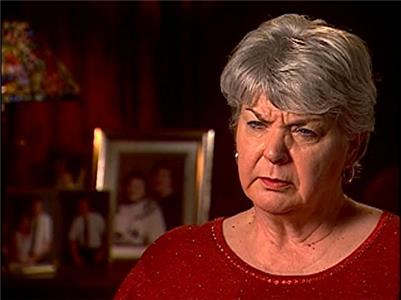
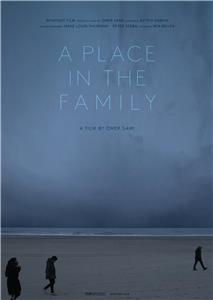
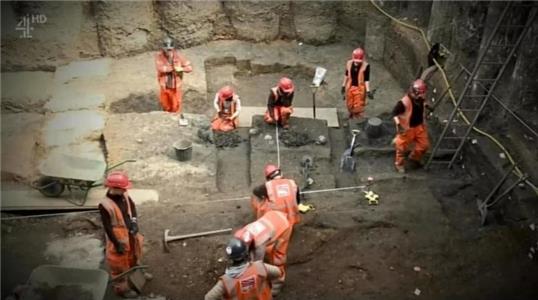
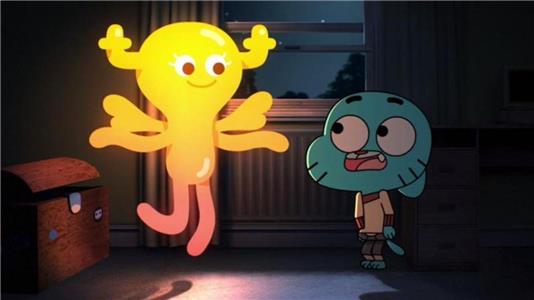
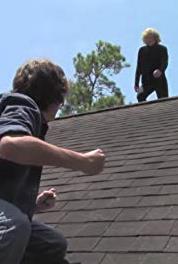
User reviews